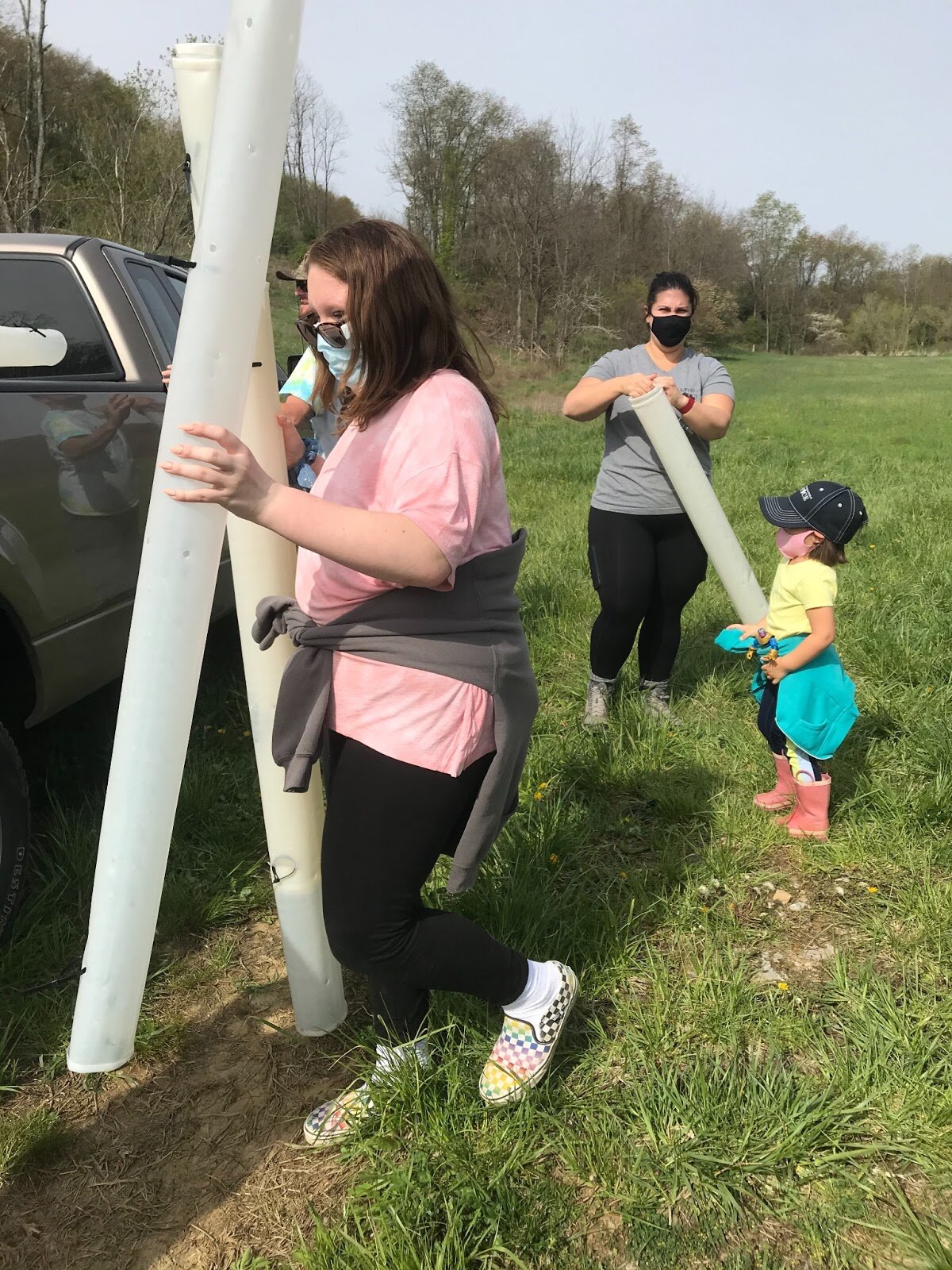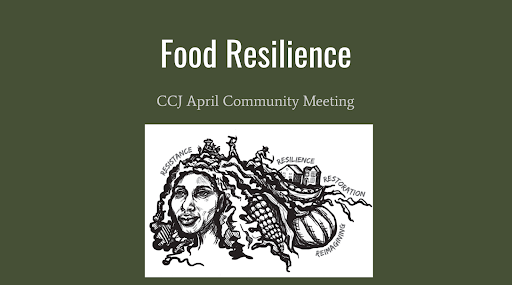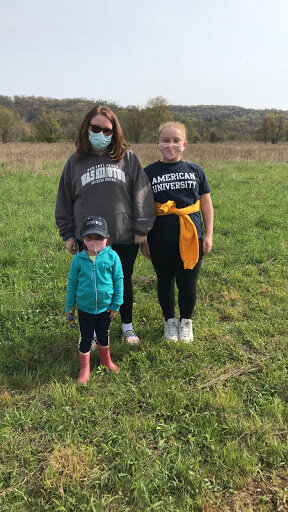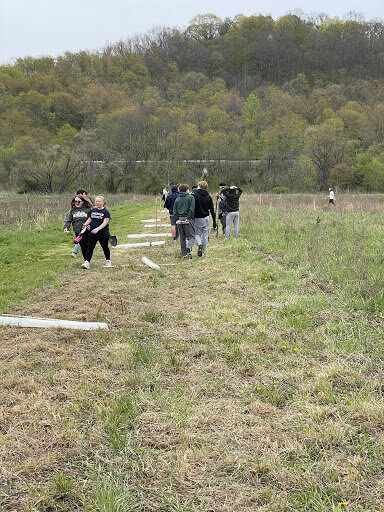
This past Earth Week was busy for the CCJ team.
We kicked off festivities on Saturday April 24th by supporting the Izaak Walton League Harry Enstrom Chapter of Greene County in their tree planting event at the State Gamelands in Garards Fort. Together with Izaak Walton League, CCJ Staff Heaven Sensky and Veronica Coptis, along with some kiddos, joined in the fun. Ken Yonek, the IKE member who led the tree planting and who is also on the board of CCJ, and fellow board member Mike Kingan, who coaches the Chartiers Valley Lacrosse Team, joined with the players in planting and staking more than 100 trees. It was a beautiful morning, and we look forward to enjoying the several fields of diversified trees including three wildlife hedgerows of flowering and fruiting trees as well as oaks.

Also on Saturday April 24th, CCJ held a Seed Swap event in our office at 30 East Beau Street, led by CCJ Outreach Coordinator Kristen Locy. Kristen had a vision of a food resiliency program in our communities, where folks could get resources to learn about and grow their own food. Attendees of the event were given sustainable bags of soil for planting and as many seed packets and potato spuds as they could carry.
The Seed Swap was followed by a CCJ Community Meeting on Tuesday, April 27th, where people were able to learn more about gardening from Master Gardener Betty Robison of Robison Acres Plant Sanctuary. A presentation on the power of food resiliency was given by Kristen Locy, citing issues of food scarcity in light of the pandemic and how the many crises happening today – whether racial injustice, environmental injustice, or the COVID-19 pandemic – are all interrelated and stem from violence toward the land and people. A quote in the presentation by the group Movement Generation stated that “Climate disruption is the emergent consequence of the exploitation of land and life everywhere. It is an existential threat to humanity born from over 500 years of global warfare, the myth of white supremacy, and colonialism.”
By learning to grow our own food, and teaching others, we can create a more independent, sustainable, and resilient food system which will help both our communities and environment to thrive.


